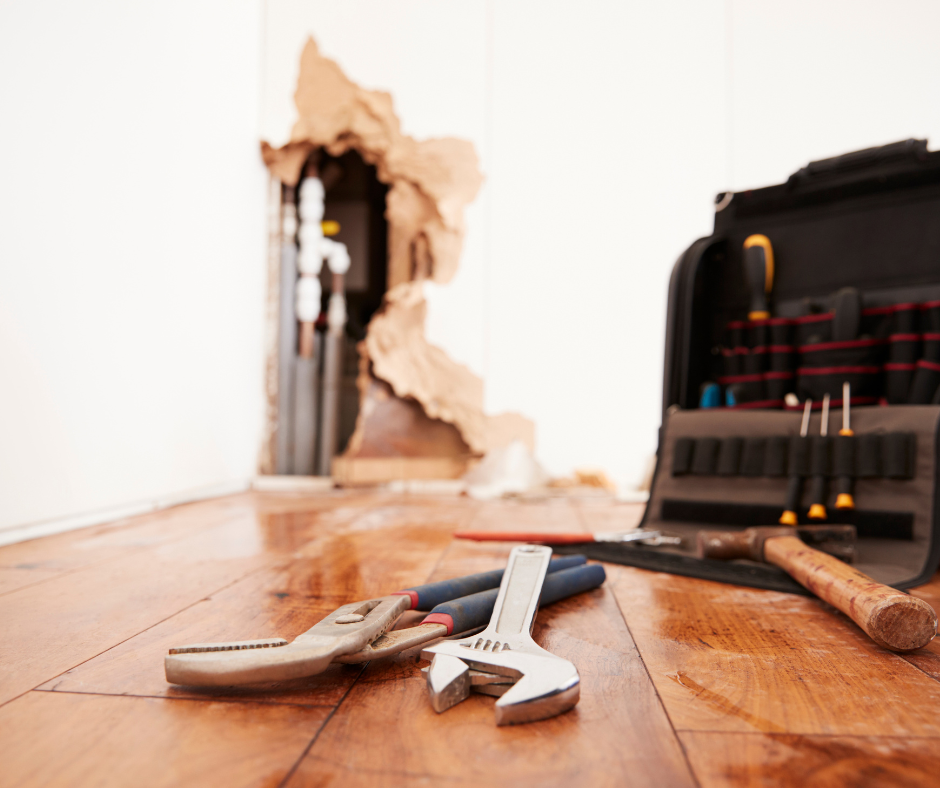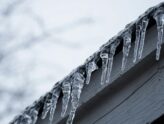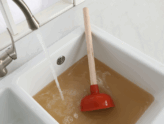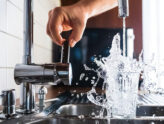Emergency Plumbing Tips Homeowners Should Know
Plumbing emergencies always seem to happen at the worst time. From clogged toilets to burst pipes, knowing how to handle emergency plumbing situations can save you headaches and costly repairs. These emergency plumbing tips homeowners should know will help you identify common issues and how to take action or when to call one of our emergency plumbers.
Recognizing Common Plumbing Emergencies
Recognizing warning signs is the first step to managing plumbing emergencies. Here are some common issues that could quickly escalate into major problems if you do not address them:
Water Heater Issues
A malfunctioning water heater can mean more than just short showers; it can lead to leaks or bursts and major repairs. Signs to look for include inconsistent water temperature, discoloured water, or strange noises coming from the tank.
Steps to Take If You Notice Water Heater Issues:
- Check the Pressure Relief Valve: This valve releases water if the tank gets too hot or the pressure gets too high. Leaking or dripping from this valve can indicate an over-pressurized or failing tank.
- Inspect for Leaks: Look for signs of leaks, like moisture or pooling water around the base of your water heater.
- Listen for Noises: Sediment building up at the bottom of the tank can cause popping, cracking, or rumbling sounds.
- Monitor Water Colour: Rusty or muddy water can suggest corrosion inside the tank, which may eventually lead to leaks or a tank failure.
- Call a Professional: If any signs are consistent and concerning, it’s best to call a local plumber to assess and possibly replace the water heater.
Burst and Frozen Pipes
Winter in Durham Region can be especially hard on your plumbing system, and frozen pipes can burst and cause extensive water damage. Visible frost on pipes, no water coming out of faucets, or an odd clanking noise when the tap is turned on are all indicators you are dealing with frozen pipes. The first thing to do is to shut off your home’s main water valve.
Steps to Take for a Frozen or Burst Pipe:
- Shut Off Water Supply: Shut off the main water supply immediately to minimize water damage.
- Open Faucets: This reduces pressure on the frozen pipes and can help prevent them from bursting.
- Apply Gentle Heat: Use a hair dryer, heating pad, or towels soaked in hot water to thaw frozen pipes. Never use open flames.
- Inspect for Damage: After thawing, check for cracks or leaks.
- Call a Plumber: If a pipe has burst or you cannot safely thaw the pipes, it’s important to call a professional plumber immediately.
Severe Clogs and Backups
Significant drain blockages might lead to backups that can not only disrupt your daily routine but also pose health hazards. Common signs include water backing up in drains, unpleasant odours, or gurgling sounds from your pipes.
Steps to Take for Severe Clogs or Backups:
- Use a Plunger: Try to clear the clog with a plunger. This simple method can often dislodge blockages near the drain opening.
- Try a Plumber’s Snake: For deeper clogs, a plumber’s snake can be used to break up or retrieve the blockage.
- Avoid Chemicals: Chemical drain cleaners are easy to find in stores but can damage pipes and are harmful to the environment; use them as a last resort.
- Check Vent Pipes: If you have access, check that the vent pipes on your roof are not blocked by debris, as this can cause drain problems.
- Contact a Professional: If clogs persist or multiple drains in your plumbing system are affected, this could indicate a more severe problem that requires professional attention.
Choosing the Right Emergency Plumbing Service
Issues like a leaky faucet or small leaks in the pipes under your sink can be easily fixed with a wrench or some plumber’s tape. DIY solutions are fine for the little things but rarely offer a permanent solution and should not be relied on for major plumbing repairs.
The team at Caldwell Plumbing has extensive experience handling emergency plumbing situations and is ready to respond when you need us most. If you notice the warning signs of a potential emergency or find yourself in the middle of one, you can count on us to help prevent further damage.
Put Our Emergency Plumbing Tips to Use!
Knowing how what to do in a plumbing emergency can save you from stress and costly repairs. Remember, the key to managing these situations is to act quickly—whether it’s applying a quick fix yourself or knowing when to call in the experts.
Our team at Caldwell Plumbing is equipped to handle any emergency, getting your system up and running and minimizing damage to your home. Stay prepared, and remember, help is just a phone call away!
















